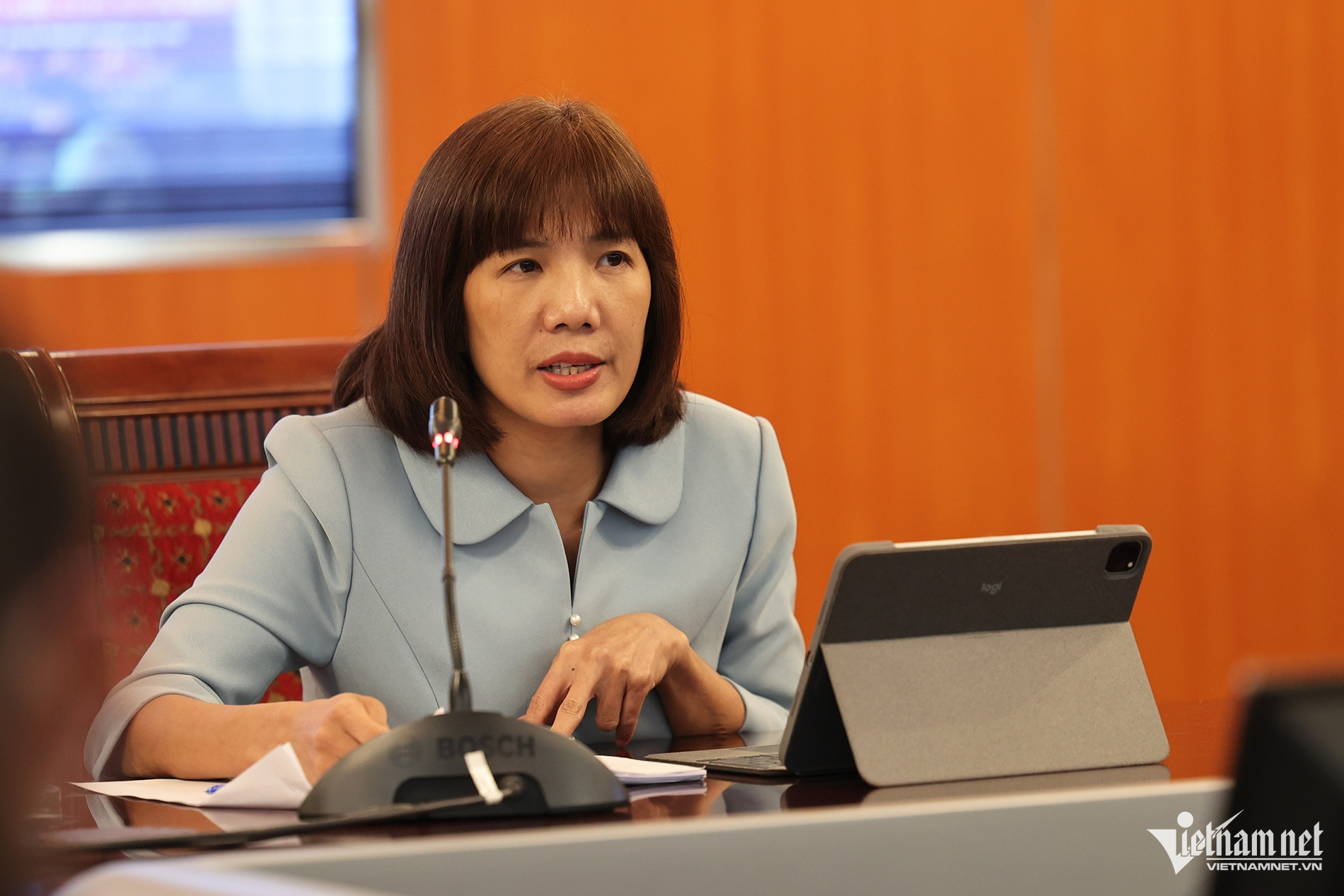At a recent conference reviewing electronic information activities in 2024 and setting goals for 2025, the Department of Broadcasting, Television, and Electronic Information under the Ministry of Information and Communications (MIC) announced notable updates under Decree 147/2024/ND-CP.
One key regulation prohibits the licensing of casino-style games and games using card imagery, a measure aimed at minimizing potential harm to players.
Decree 147 streamlines administrative processes for online gaming services, reducing unnecessary conditions and expediting licensing.

The decree delegates authority to local Departments of Information and Communications (DICs) to issue certification for G2, G3, and G4 online games and approve their distribution.
As of November 15, 2024, 288 G1 game licenses had been issued, with 184 still valid, supporting 1,687 G1 games, of which 1,125 remain active. For G2, G3, and G4 games, 192 certificates have been granted, covering 16,331 titles, including 15,321 active games.
Under the updated rules, casino-style games and card-based games are no longer eligible for licensing in Vietnam. The Department of Broadcasting, Television, and Electronic Information emphasized that this decision seeks to curb the negative effects of such games on players.
The decree mandates player verification through mobile phone numbers in Vietnam, ensuring only authenticated accounts can participate. For players under 16, registration requires parental or guardian information, who must also supervise gameplay duration and content.

To further protect minors, gaming companies, server hosting providers, and telecommunications firms must implement measures to safeguard children online. Youths under 18 are limited to one game session of no more than 60 minutes and a daily maximum of 180 minutes.
“These regulations are designed to limit gaming time for children,” said Le Thu Ha, Head of the Electronic Information Department at the Department of Broadcasting, Television, and Electronic Information.
The decree also strengthens measures against unlicensed and cross-border games while mandating proper labeling for approved titles. Cross-border app stores must block or remove unapproved games and comply with Vietnam's payment regulations.
Foreign entities providing gaming services in Vietnam, including cross-border platforms, must establish domestic operations under Vietnamese law.
Nguyen Thi Thanh Huyen, Deputy Director of Department of Broadcasting, Television, and Electronic Information, clarified that while G2, G3, and G4 games require certification, individual game approval is not mandated.

“Some companies submit applications for dozens of games at once. To ensure efficient processing, businesses are advised to divide applications into manageable batches,” she said.
Regarding minors' accounts, Huyen noted that companies must include fields for guardian details when players under 16 create accounts.
She also addressed challenges in monitoring gaming duration across multiple platforms, as current regulations only allow companies to oversee accounts within their ecosystem.
Cross-border games operating in Vietnam without approval are deemed illegal. App stores must demand publishers provide necessary licenses, failing which their games cannot be distributed in Vietnam.
“We are collaborating with international app stores to ensure fair competition between cross-border and domestic companies,” Huyen added.
Trong Dat